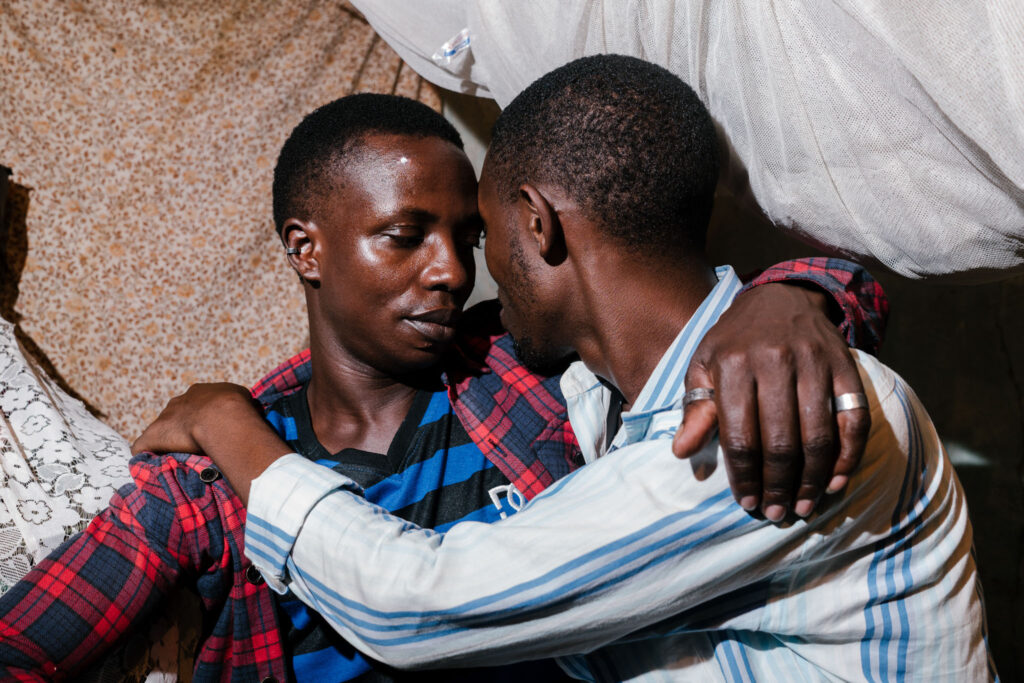President of the Ghana Catholic Bishops’ Conference Most Rev. Philip Naameh has urged the Ghanaian populace to be accommodating of the LGBTGI+ community as they are equally “human beings”.
According to him, although persons belonging to the LGBTGI+ community are living lives contrary to the will of God, “they are our relatives and friends who deserve to enjoy the same rights as all humans”.
“They need to enjoy their fundamental human rights. The right to housing, free movement and association. So if you have people right for a position and they are later found to be gay, it will be wrong for you to deny them the post because of their sexuality. They have to enjoy all fundamental human rights”, he stated.
On his account although the Catholic Bishops’ Conference does not agree with the LGBTQ+ because it is against the laws of God, “when it comes to the fundamental human rights, we should not deny them that.
Just like when you have a son doing something you don’t like, you will not condemn him and neglect him love. If we continue to give the LGBTQI+ community love, which will in itself be a way of changing them”.
He however appealed to Ghanaians not to encourage LGBTQI+ community in doing what is not human. “We are not talking about the acts, we are talking about the person. Considering this from a Christian point of view, we need to treat them as humans and respect them as such. But their acts are definitely and clearly abnormal”.
He believes every human must enjoy the dignity they deserve and not necessarily the actions we consider repugnant in our society.
“If it goes around that this man is gay or lady a lesbian and they cannot enjoy what is given to heterosexual people, then that is not fair.
Ghana has a mixed record on its treatment of lesbian, gay, bisexual and transgender (LGBT) people. It criminalizes “unnatural carnal knowledge” in section 104 (1) (b) of its Criminal Offences Act, which the authorities interpret as “penile penetration of anything other than a vagina.”
However, the law is a colonial legacy that is rarely, if ever, enforced, and unlike several of its neighbors, Ghana has not taken steps in recent years to stiffen penalties against consensual same-sex conduct or to expressly criminalize sexual relations between women.
At least two government agencies, the Ghana Police Force and the Commission on Human Rights and Administrative Justice (CHRAJ), have reached out to LGBT people and taken proactive steps, including through providing human rights training workshops to help ensure their protection.
Nevertheless, LGBT people are very frequently victims of physical violence and psychological abuse, extortion and discrimination in many different aspects of daily life, because of their sexual orientation and gender identity.
